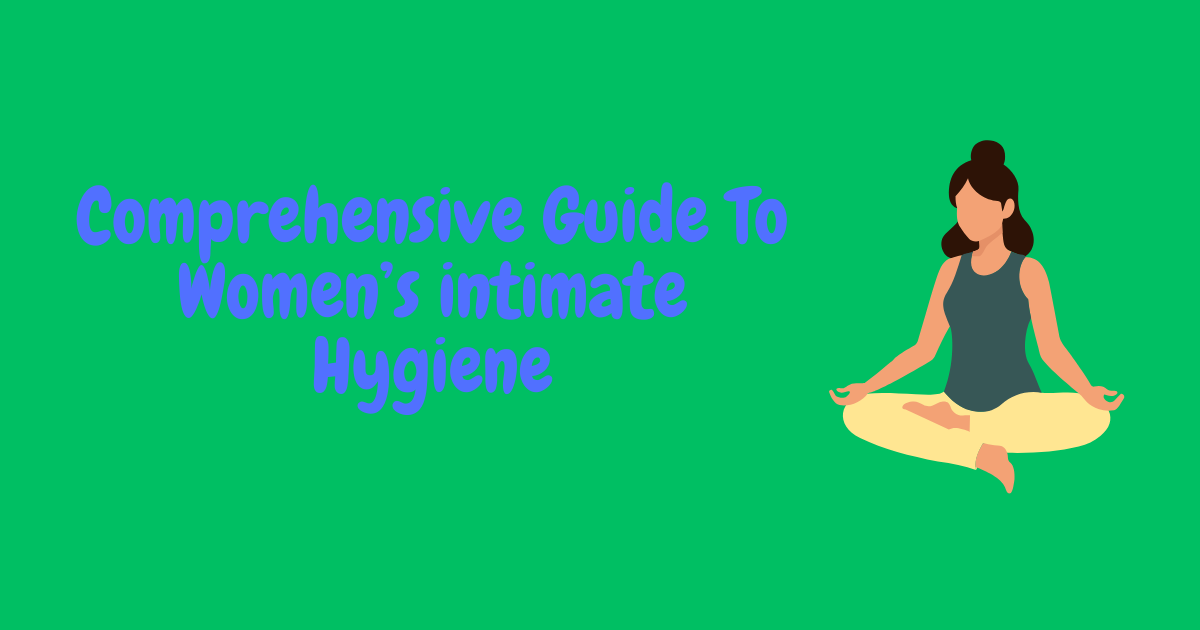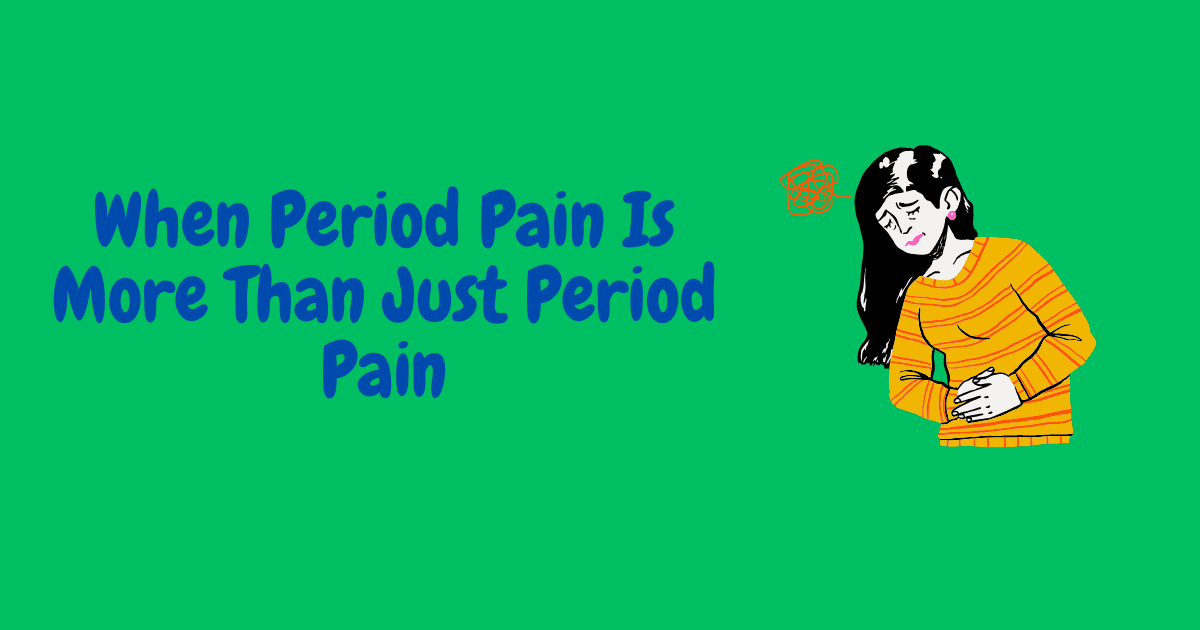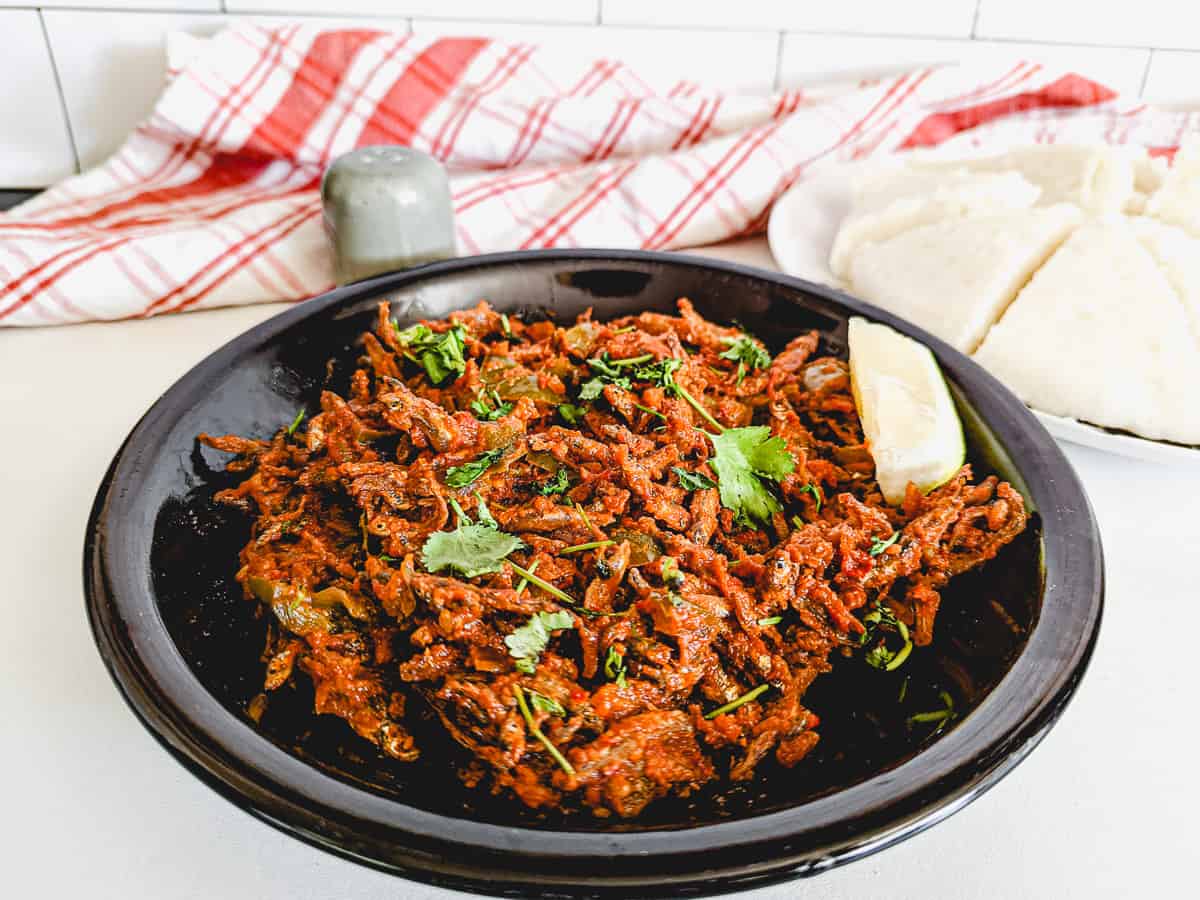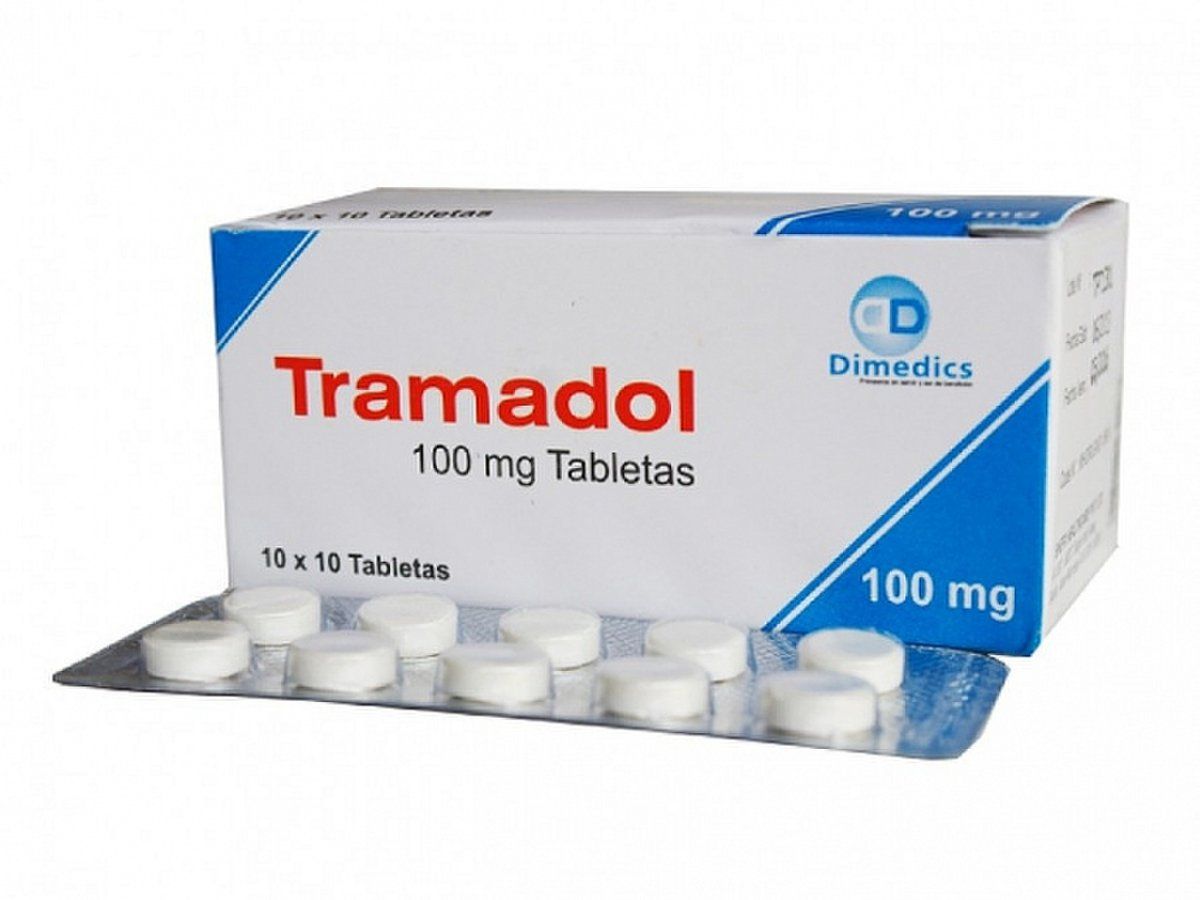Let’s be honest, nobody taught us this stuff in health class, right? While we learnt about the water cycle and photosynthesis, somehow the actual care and feeding of our own bodies got left out of the curriculum. Well, it’s time to fill in those gaps with some straight talk about intimate hygiene that doesn’t make you want to hide under a blanket.
Here’s the thing: taking care of your intimate health isn’t just about avoiding awkward moments or feeling fresh (though those are nice perks). It’s about preventing infections, staying comfortable, and honestly just feeling like the confident, amazing woman you are. Poor hygiene can lead to everything from yeast infections and UTIs to general discomfort and irritation. But the good news? A few simple changes can make a world of difference.
Your Body’s Built-in Superhero System
Before we dive into the how-to, let’s talk about what makes your vaginal area so special. Think of it as having its own personal cleaning crew that works 24/7. The vagina is naturally self-cleaning (pretty cool, right?) and maintains a delicate pH balance that keeps harmful bacteria at bay while supporting the good guys.
This is where we need to bust some myths that have been floating around since forever. The biggest one? That you need to douche regularly to stay “clean”. Plot twist: douching is actually like firing your entire cleaning crew and leaving the door wide open for troublemakers. Your body knows what it’s doing – our job is just to support it, not sabotage it.
Feed Your Body, Feed Your Health
Here’s where things get interesting. What you eat literally affects how you feel down there. It’s like having a direct hotline between your kitchen and your comfort level.
Water is your best friend. Seriously, if intimate health had a BFF, it would be H2O. Staying hydrated helps flush out toxins and keeps your natural moisture levels balanced. Aim for those 8 glasses a day, but don’t stress if you’re not counting – just listen to your body.
Probiotics are the unsung heroes of vaginal health. That morning yoghurt? It’s doing more than just tasting good. Foods like yoghurt, mala (fermented milk), kimchi, and kefir are basically sending reinforcements to your vaginal microbiome. These foods boost the Lactobacillus bacteria that keep your pH levels happy and infections at bay.
Load up on the colourful stuff. Fruits and vegetables packed with vitamins C and E are like little immunity boosters. They help your body fight off infections naturally and keep everything running smoothly.
Cranberries aren’t just for Thanksgiving. These little red powerhouses, along with citrus fruits, are fantastic for preventing UTIs and supporting overall vaginal health. Pro tip: actual cranberries or unsweetened cranberry juice work better than the super-sweet cocktail versions.
Sugar, we need to talk. High-sugar diets can increase your risk of yeast infections because yeast literally feeds on sugar. You don’t have to give up dessert forever, but maybe consider it a “sometimes” treat rather than an everyday staple.
Don’t forget your omega-3s. Fish, chia seeds, and flaxseeds help support hormonal balance, which affects everything from your mood to your menstrual cycle to your vaginal health.
Your Daily Routine: Simple but Powerful
The best intimate hygiene routine is actually pretty simple. It’s more about what you don’t do than what you pile on.
Keep it clean and simple. A daily wash with plain water is often all you need. If you want to use soap, stick to something mild and unscented. Your vaginal area doesn’t need a 12-step skincare routine. It needs gentle, consistent care.
Choose your products wisely. If you do want to use a specialised feminine wash, products like La Wash, Sebamed, or Lactacyd are formulated to work with your body’s natural pH. But here’s the key, use them sparingly, not as part of your daily routine. Think of them as occasional treats, not daily necessities.
Cotton is queen. Those cute lacy undies are great for special occasions, but for everyday wear, cotton is your best bet. It’s breathable, which means less moisture buildup and fewer opportunities for bacteria to throw a party where they’re not invited.
Fresh underwear = fresh start. Change your underwear daily (and more often in hot weather or after workouts). It sounds basic, but it’s one of the most effective things you can do for your intimate health.
Give your body room to breathe. Super tight jeans might look amazing, but wearing them for hours on end can create a warm, moist environment that bacteria love. Mix in some looser-fitting clothes when you can.
Period Care That Actually Works
Let’s talk periods. Because half the population gets them, yet somehow they’re still treated like some mysterious phenomenon.
Change is good. Whether you’re team pad, team tampon, or team menstrual cup, the rule is the same: change every 4-6 hours. This isn’t just about comfort (though that matters too). It’s about preventing bacterial overgrowth and potential infections.
Hands matter. Always wash your hands before and after changing your menstrual products. It’s a simple step that prevents introducing new bacteria to an already sensitive area.
A little extra TLC. During your period, a gentle feminine wash like La Wash can help manage odour and keep you feeling fresh. But remember, this is about comfort, not necessity. Your period is natural and normal, not something that needs to be “fixed” or hidden.
Disposal done right. Wrap pads in their packaging or toilet paper before throwing them away, and never flush tampons or pads. If you’re using a menstrual cup, proper sterilisation between cycles is key.
Consider the cup life. Menstrual cups are eco-friendly, cost-effective, and, once you get the hang of them, incredibly convenient. Just make sure to sterilise them properly between cycles and replace them according to the manufacturer’s guidelines.
The Product Lowdown: What Works and What Doesn’t
Feminine washes like La Wash, Lactacyd, and Sebamed can be helpful when used occasionally, but they’re not meant for daily use. Think of them as special occasion helpers, not everyday essentials.
Panty liners are great for light discharge days, but wearing them continuously can actually cause irritation. Your skin needs to breathe, so use them strategically, not habitually.
Intimate wipes can be lifesavers when you’re travelling or need a quick refresh, but look for unscented, pH-balanced options. And again, occasional use, not everyday reliance.
Natural alternatives are often the best choice. Plain water and a mild, unscented soap when needed will do the job without disrupting your body’s natural balance.
Special Situations Deserve Special Attention
Pregnancy changes everything. Your body is doing incredible things, so this isn’t the time to experiment with new products. Stick to gentle, proven methods and focus on comfort above all else.
Post-workout protocol matters. That sweaty gym session was great for your fitness, but those damp clothes need to come off ASAP. Bacteria love warm, moist environments, so change into dry, clean clothes as soon as possible after exercising.
Skip the scented sprays and douches. We can’t say this enough – these products often do more harm than good by disrupting your natural pH balance. Your body has its own signature scent, and that’s completely normal.
When to Call in the Professionals
Your body usually does a great job of telling you when something’s not right. Pay attention to:
- Persistent itching that doesn’t go away
- Unusual discharge (different color, texture, or smell than normal)
- A strong, unpleasant odor that persists despite good hygiene
- Burning or pain during urination
- Any discomfort that feels “off” or concerning
When these signs show up, resist the urge to self-diagnose with Dr Google or grab whatever’s on sale at the pharmacy. A quick visit to your gynaecologist can save you time, discomfort, and potentially more serious issues down the line.
The Bottom Line: You’ve Got This
Here’s what it all comes down to: intimate hygiene is really about three things. Eating well, using safe products mindfully, and developing consistent, gentle habits. It’s not about perfection or following someone else’s complicated routine. It’s about understanding your body, respecting its natural processes, and giving it the support it needs to do its job.
Most importantly, this stuff shouldn’t be shrouded in mystery or shame. The more we talk openly about periods, hygiene, and women’s health, the better equipped we all are to take care of ourselves and help other women do the same.
Your intimate health is part of your overall health, and you deserve to feel comfortable, confident, and completely yourself every single day. So drink that water, eat those probiotics, choose cotton over lace most days, and remember, you’re not high-maintenance; you’re just taking good care of something important. And that? That’s pretty amazing.
With Love, cheers.








Leave a Reply